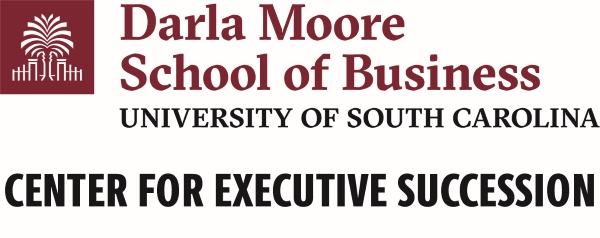Document Type
Report
Abstract
Knowing how to choose new people for a company is a challenge that is never finished. Strategies for finding and choosing talent are as diverse as the pool of people available; and approaches to the task range from the primeval ‘gut instinct’, to a battery of personality, reasoning (verbal and numerical), and structured evaluations. When that ‘job’ is the role of CEO in, say, a major Fortune 500 company, the stakes are immense. A square peg in a round hole can quickly break a company; an inspired leader, on the other hand, can breathe new life into a drifting business hulk. So, how does the board of one of these top companies go about the process? The question is intriguing because, surprisingly, selecting a new CEO is often the most important and direct involvement that the board has with the actual operations of the business. In day-to-day business, the CEO runs the company and reports to the members of the board. For those board members, it is often true that their knowledge of the intimate details of the business, that is above and beyond what the interested public might know, is subject to what the CEO shares with them. But board members have a fiduciary duty to the shareholders, a duty to act in the best interests of the company, and that means finding the CEO who is the very best fit. The incumbent CEO has the same fiduciary duty but their legal duty, except in rare circumstances, ends when they leave the job.
Publication Date
2019
Disciplines
Business
Copyright
© 2019, University of South Carolina
Publication Info
2019.


